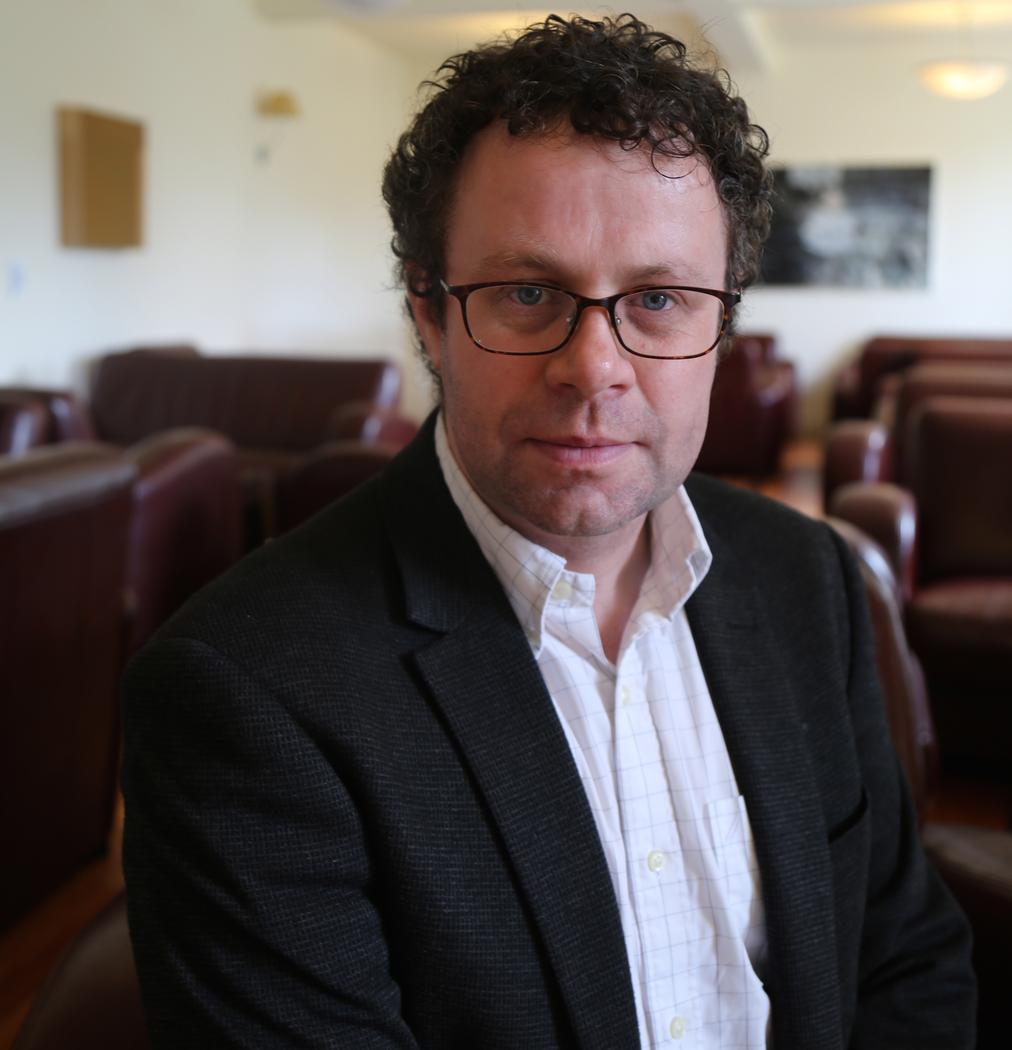

DCU Professor has recorded every moment of his waking life for the past 18 years
Cathal Gurrin, Professor at the School of Computing DCU, began the process of “LifeLogging” almost two decades ago.
Gurrin and his team have developed an assistive technology that will attempt to aid elderly individuals, as well as those with dementia and Alzheimer's, to live independently for longer.
The matchbook-sized camera can be worn as a pendant hung around your neck or clipped to a piece of clothing. It takes approximately 1,000 photos a day, all of which are sent to a server to be analysed by AI tools. The miniature device also takes biometric data that is able to detect heart rates indicative of certain emotions, as well as movement and GPS locations.
All of this data is extracted in order to create a search engine that can be used to understand people’s life experiences. This information then becomes available to you and your medical practitioner. For the users, this will help fill any memory gaps in their day-to-day lives, but with the use of AI tools, medical professionals can use this search engine to see if their patients are taking their medication correctly or if they encounter any hazards regularly that might cause a major fall.
Sitting down for an interview with Sean Moncrieff on Newstalk, Gurrin said:
“Imagine if Google turned backwards and looked at you only, and then could answer questions about you. We try to build a complete picture of a person and use that to develop the search tools. Right now AI has become so good that we can pretty much answer any query about a person’s past life experience once they have this data source. We work with partners in New Zealand for example, who have given these kinds of devices to elderly people who live alone after operations. They look at the data after a week and go ‘you weren’t taking your medication on time’ or ‘you didn’t have enough social interactions this week’. That level of mundane stuff, like doing the laundry, brushing your teeth, or social interactions, they’re really, really important for actually helping people.”
Through Gurrin’s own experiment, he has accumulated almost 10 terabytes of data in still images from the past 18 years which has created a unique data set that will become the basis for future research.
While the key use case of this technology is to build better tools that assist individuals with dementia to live independently, Gurrin can see applications can be of benefit to everyone in the future, saying:
“It’s AI that sits over your shoulder and helps you, (and) maybe later on it becomes important for us all. Right now we are currently building an actual commercial system for use with health care practitioners, and that’s a long process. We are talking with manufacturers to build an end-to-end secure lifelogging platform and we have partners around the world who are just waiting for us to give them these devices and then they can deploy them and use them in the real world. So we have the MVP (Minimum Viable Product) that we’re working on to get out into the market, that will happen in the coming year.”
This research which has been 18 years in the making is a significant step forward in battling the difficulties of living with dementia and Alzheimers. With the exponential rate of improvement demonstrated by AI in the past couple of years, the applications of this technology are limitless.
Listen to the full interview with Cathal Gurrin here: https://www.newstalk.com/podcasts/highlights-from-moncrieff/this-professor-has-been-recording-his-entire-life
